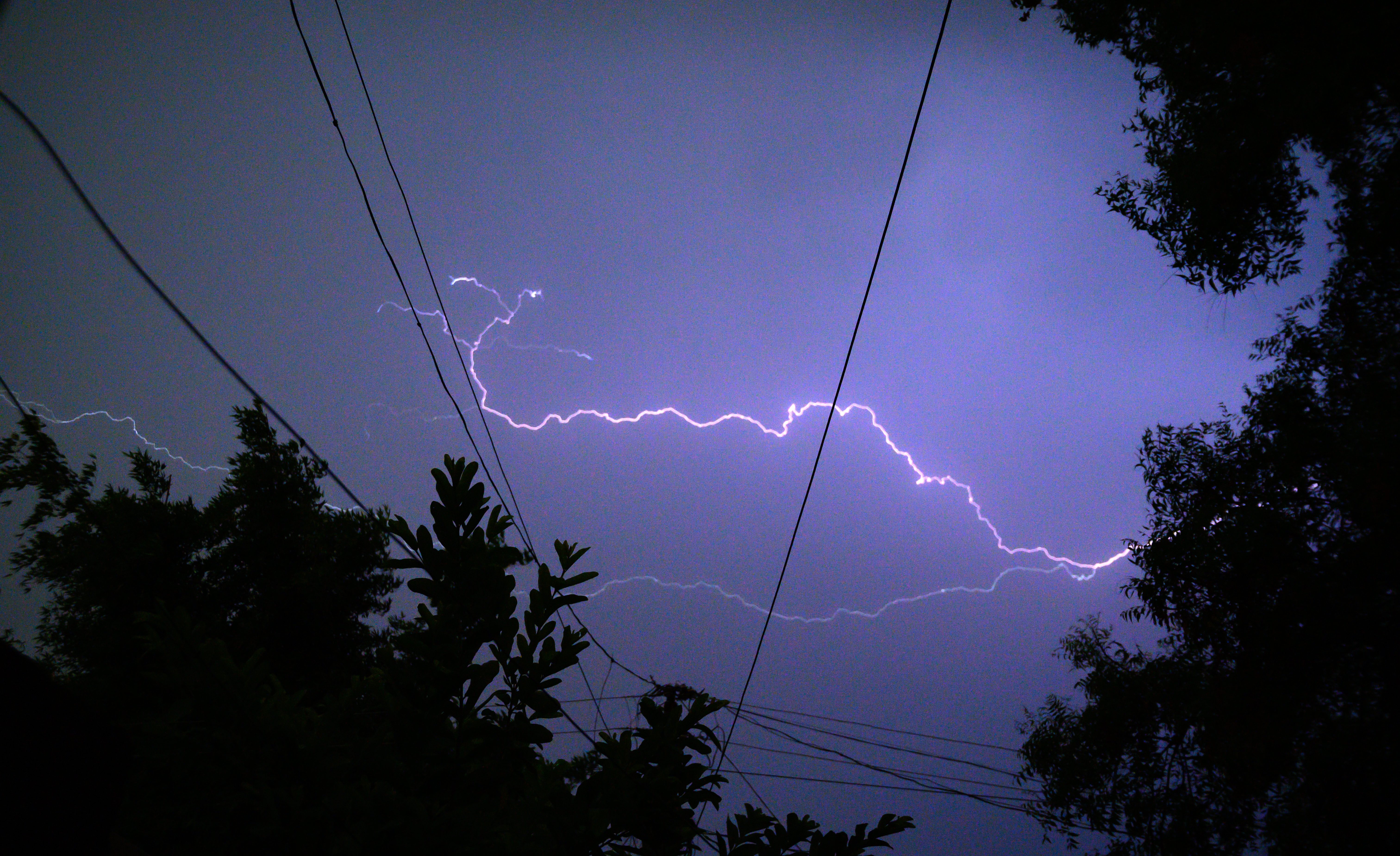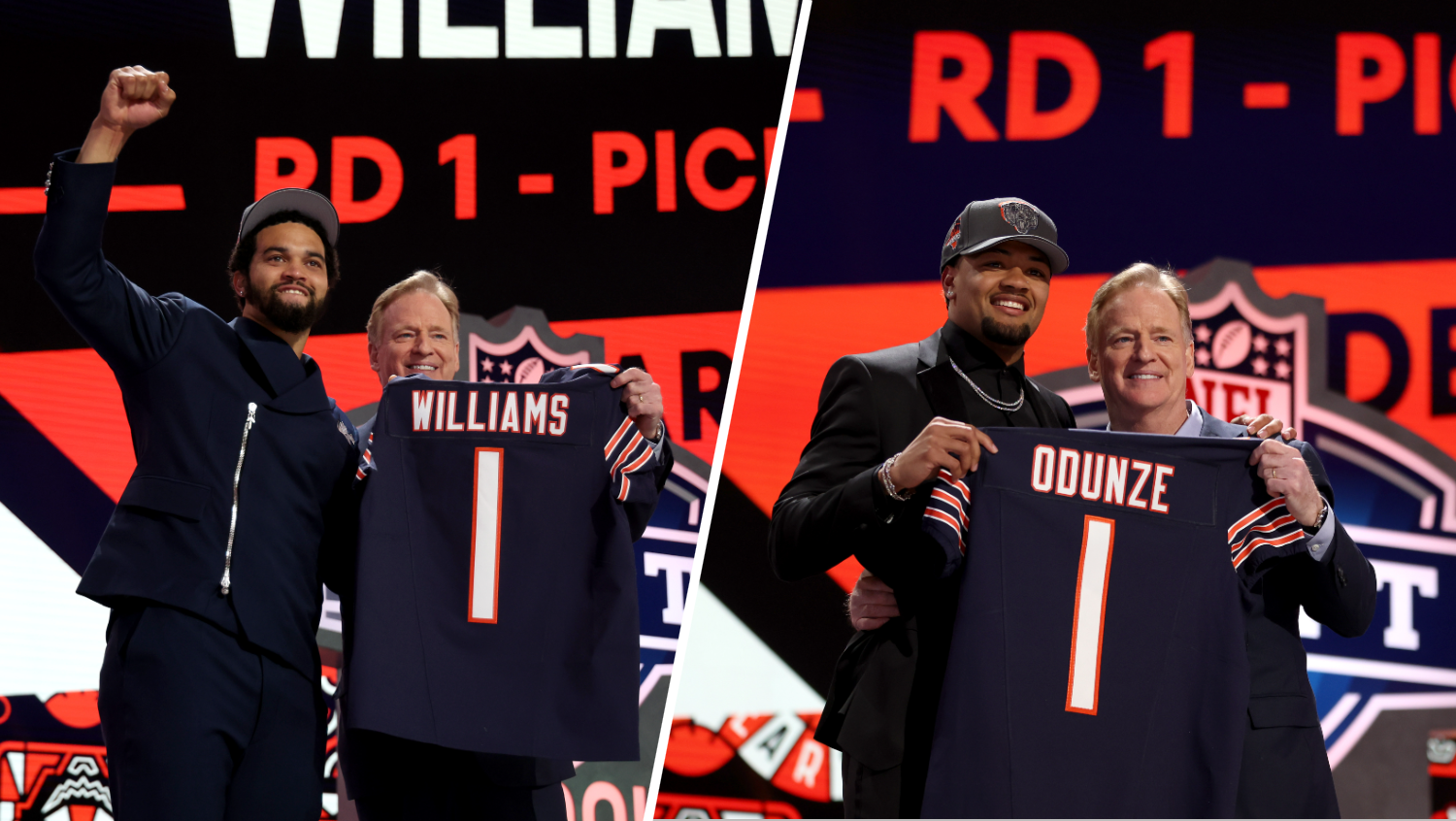The variant strain of COVID-19 has now been identified in the United States, as Colorado reported its first confirmed case and Gov. Gavin Newsom of California reported the strain has also been detected in southern California.
“This is not a new strain of the virus. It’s just a variant of a strain that we are dealing with right now,” said Dr. Aniruddha Hazra with the University of Chicago Medical Center.
Some doctors in Chicago are not surprised after learning the new variant of COVID has made its way to the United States.
“This isn’t new. We have been seeing changes of this virus happening since March and this is just another change we just have to study to see exactly how does it impact our understanding of the virus,” said Hazra.
The variant was first discovered in the United Kingdom in September, and is thought to be faster-spreading than the initial strain of the virus.
“A lot of countries not so much in the United States, but many other countries have been sequencing all new infections trying to look for these changes in the virus over time,” he said.
Colorado reported its first confirmed case of the new variant on Tuesday and is now investigating a second possible.
Local
“Now to be clear that doesn’t mean that Colorado is the first state that has people with the variant,” said Colorado Gov. Jared Polis. “In fact, it’s very likely it exists in many states, particularly states that have more interaction with the United Kingdom."
Officials in Colorado announced Wednesday that a member of the National Guard tested positive for the new variant—the first confirmed case in the country. The patient is a man in his twenties, was deployed to work at a nursing home and had no prior travel history.
“There’s a lot we don’t know about this variant and scientist here in Colorado and of course in the United Kingdom are studying and monitoring exactly how transmission works with this variant,” Polis said.
Researchers in the UK warn this new variant is significantly more contagious and doctors in Chicago said it’s possible that the new variant has been spreading in Illinois—we just don’t know it yet.
“I think it’s possible certainly,” said Dr. Michelle Prickett with Northwestern Medicine. “We have not been testing specifically for it. Our tests are more looking for just the general version of the virus. The way you find these variants you have to do a full sequencing is my understanding.”
Dr. Hazra weighs in on the possible spread in Illinois.
“The fact that there’s a community case in Colorado with no sorta linkage to travel or what not most likely means its community spread here in the United States already. Whether not it’s truly in Illinois or not we can’t say for sure, but in the end I don’t think it really matters we should just be prepared and act as that variant is here," Hazra said.
Despite fears about the speed with which the virus will spread, both the Pfizer and Moderna COVID vaccines are believed to be effective against the new variant.
“Everything we’re hearing is that the vaccine should be susceptible to this new variant,” said Prickett.
While there is more to be learned about the new variant, such as how widely it has spread and how it compares to other strains, doctors in Chicago said people should continue to wash their hands, social distance, and stay within their households to prevent the spread.
“The more we can be diligent about minimizing those conditions the better off we’re going to be as a community as a society and hoping to keep this from continuing to mutate,” she said.
The Illinois Department of Public Health told NBC 5 in a statement:
No cases of a UK variant of COVID-19 (B.1.1.7) have been reported in Illinois. IDPH will continue to work with academic partners, laboratory researchers, physicians, and the CDC to monitor for potential cases as more information is learned about these novel viruses. Protective actions such as wearing a mask, watching your distance, washing your hands, and avoiding crowds can help protect people from coronaviruses. According to the CDC, there is no evidence at this time that infections by this variant causes more severe disease."



